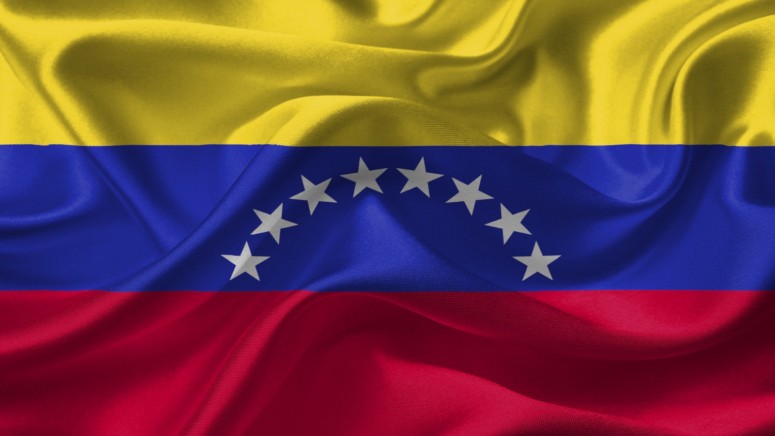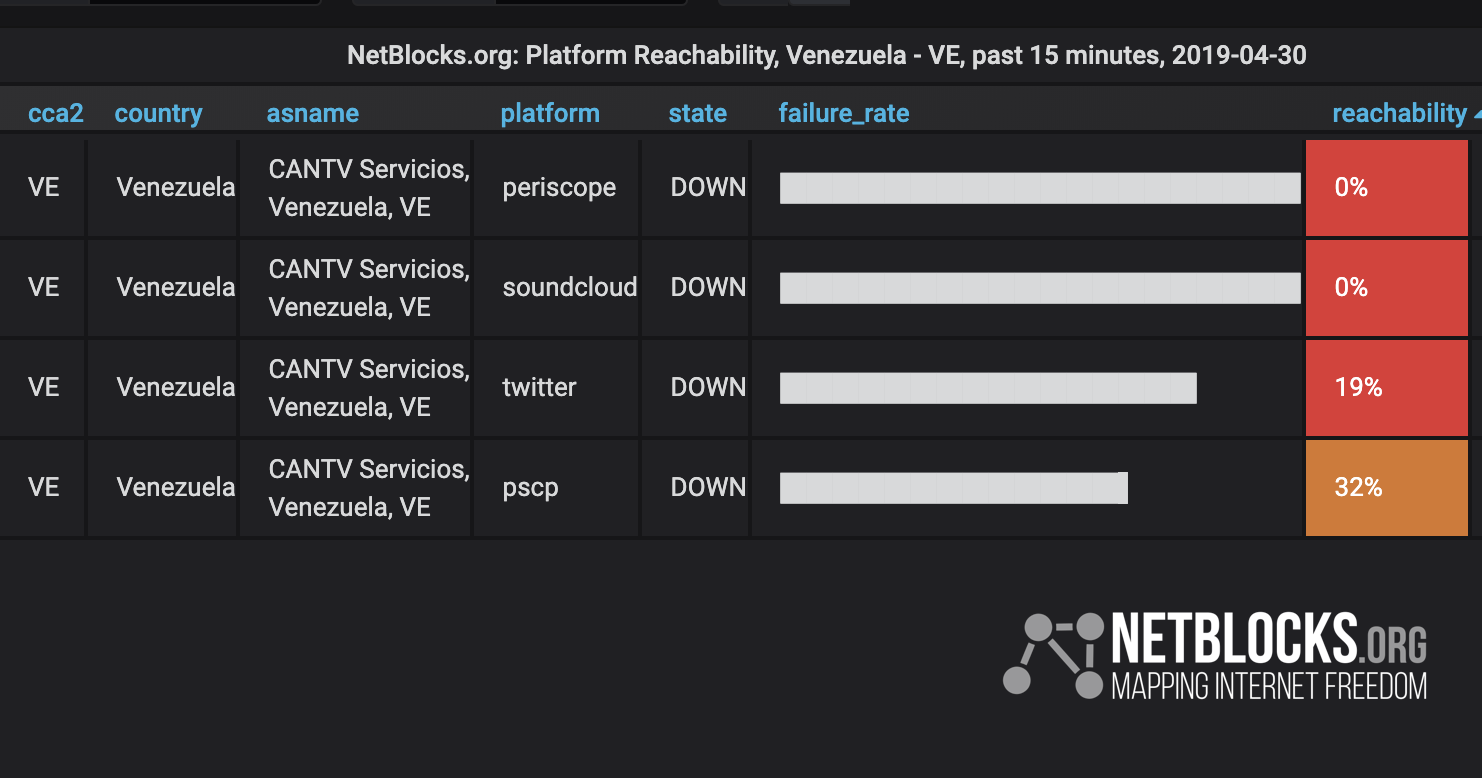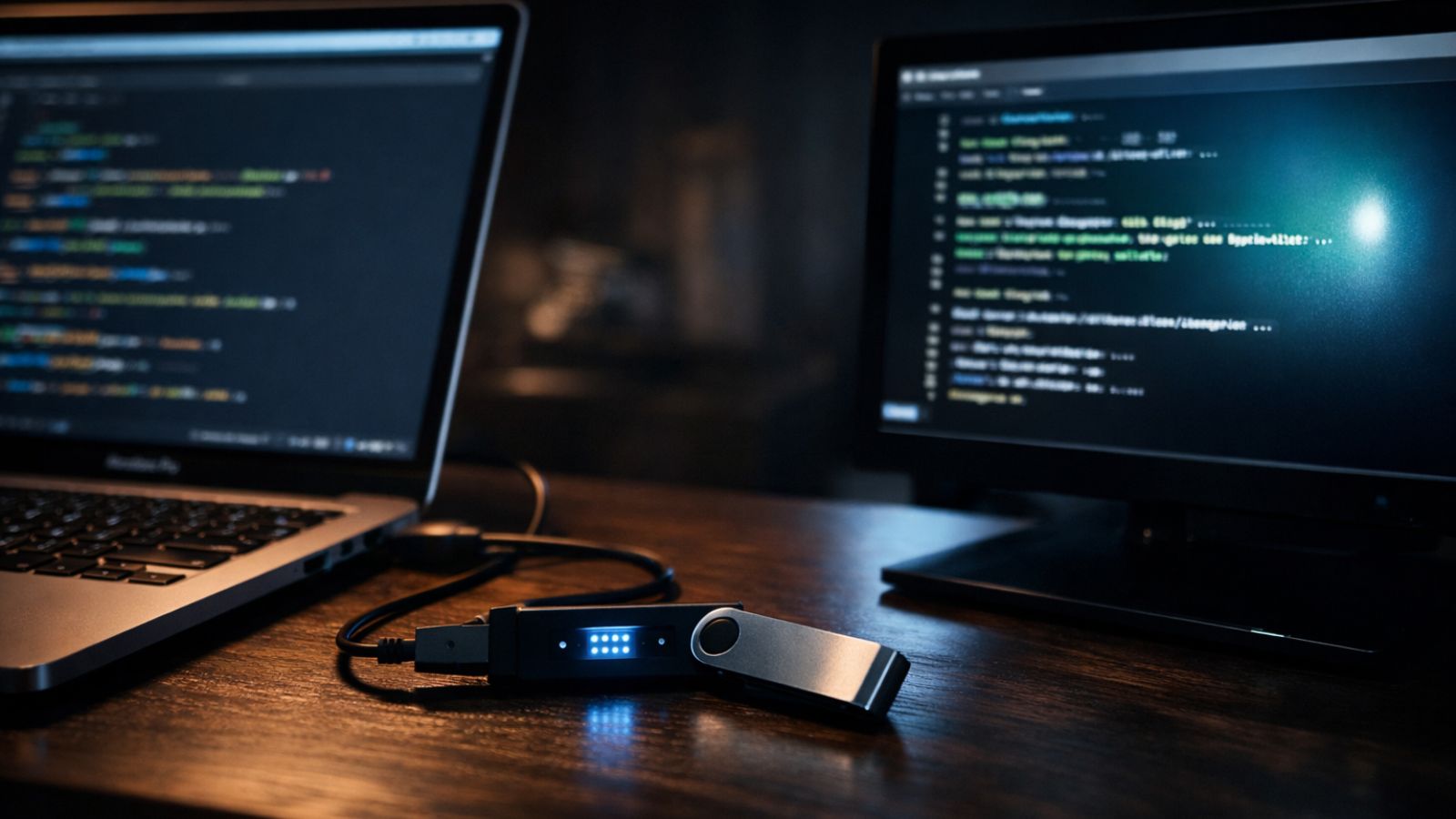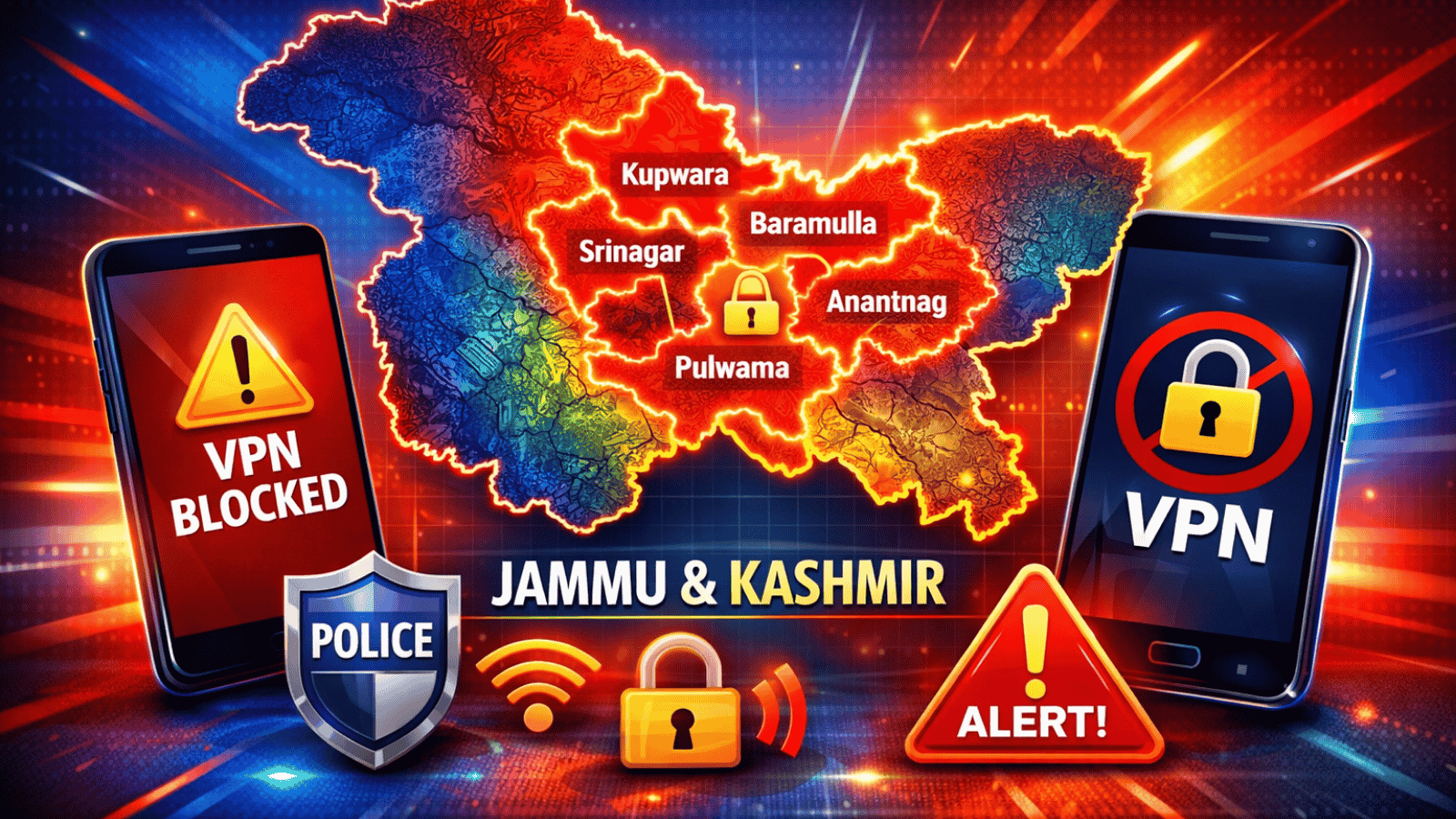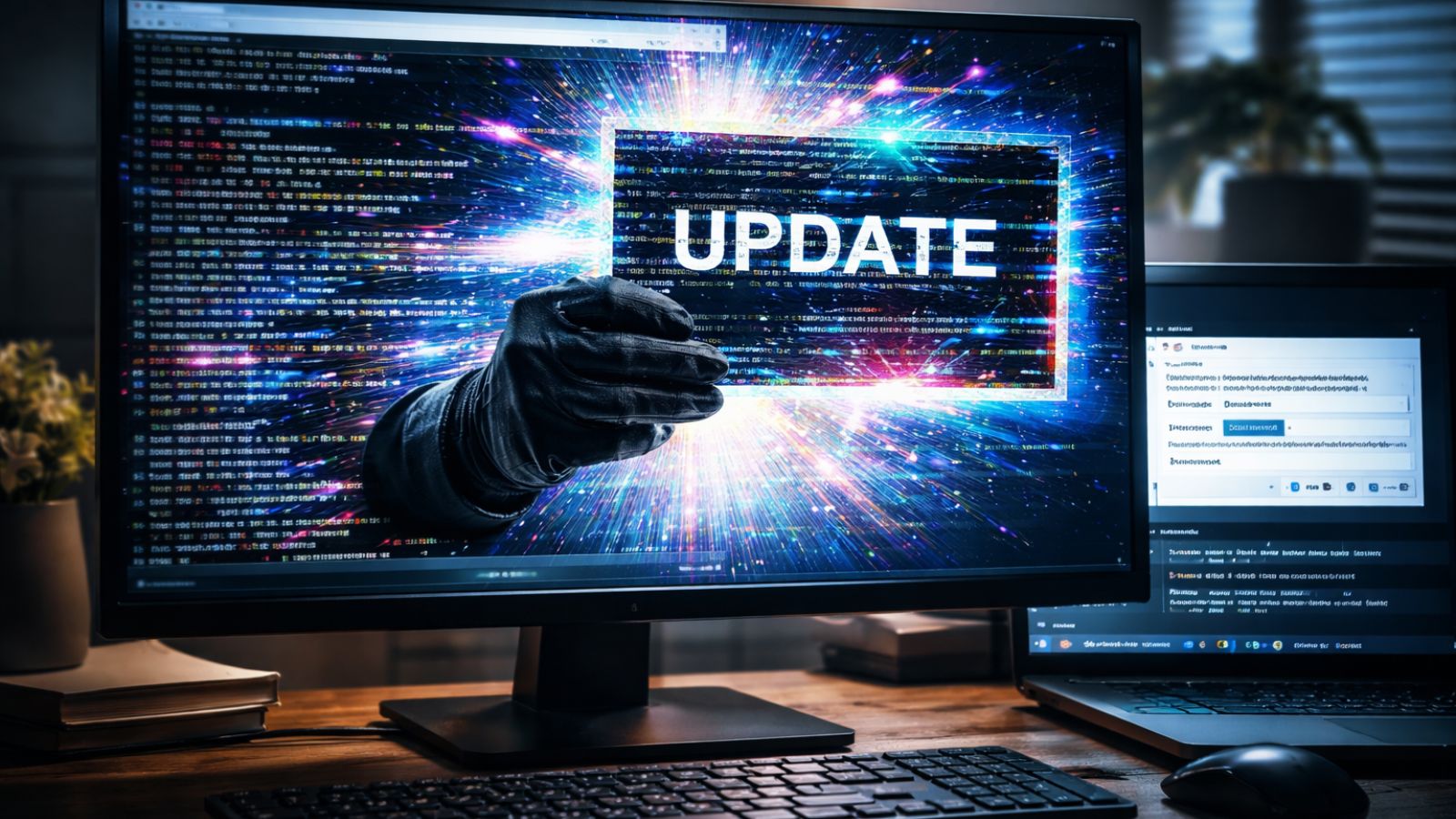
Uprising Culmination in Venezuela Victimizes People’s Internet Access
- Venezuelans are unable to access any social media again or communicate in messenger apps.
- The blocks are almost certainly imposed by the current regime, as the blocking pattern indicates.
- Social unrest is currently climaxing, so we are bound to see changes on that part soon.
The situation in Venezuela has entered a critical phase, with self-proclaimed transitional president Juan Guaidó announcing the final stage of the “Operation Liberty” and president Nicolás Maduro calling people to surround the presidential mansion and oppose the attempted coup. Right now, the conflicts have reached a new level of magnitude, as both sides have military support, and so the number of people who get seriously injured during the street clashes is much higher.
Mañana continuamos con la ejecución de la #OperaciónLibertad. Iniciamos la fase final y estaremos de forma sostenida en las calles hasta lograr el cese de la usurpación.
¡Vamos con todo, con más fuerza y determinación!#ConTodoPaLaCalle https://t.co/ep1vC824j6
— Juan Guaidó (@jguaido) May 1, 2019
Amid this situation, the internet in the country hasn’t remained unharmed. According to the detailed daily reports of Netblocks.org, all access to social media through the state-run ISP “ABA CANTV” has been restricted. This means that Venezuelans cannot access Twitter, which was used by Guaidó for the latest announcement, and neither can they access Facebook, YouTube, or Periscope. In terms of the communication tools, the WhatsApp servers are also characterized by instability, while the web client of Telegram messenger is also unreachable for the clients of the ABA internet provider. The mobile app of Telegram though remains operational, as the blocking countermeasures that are in place there are working well as it seems.
image source: netblocks.org
The fact that the internet access interruptions were particularly targeted leave no doubts about who is behind them and what are they trying to achieve through the blocks. Netblocks reports that the blocking efforts continued for twenty hours until the internet access was restored twenty minutes before president Maduro’s speech.
Confirmed: Access to social media, streaming and messaging services restored across #Venezuela 20 minutes prior to live-streamed #Maduro speech at 1:05 a.m. UTC (9:05 p.m VET) following day of internet disruption ⏱ #30Abrhttps://t.co/9qTM20Ps62 pic.twitter.com/8nYnSobdYv
— NetBlocks (@netblocks) May 1, 2019
Having reported about state-supported internet access tampering in Venezuela multiple times during these past few months, our hope is that the debloating of the social unrest in the country will restore normality on the net. The expectation from the next government, whichever that may be, is to respect people’s right to access whatever information or source they choose to without placing obstacles in the way. It’s the people’s liberty to freely speak, listen, and to be heard, no matter whether it’s malicious propaganda or pure expression of democracy. Let’s just hope that this is the final time we report about internet blocks in Venezuela.
Care to share your thoughts on the above? Feel free to do so in the comments section beneath, or on our socials, on Facebook and Twitter.
